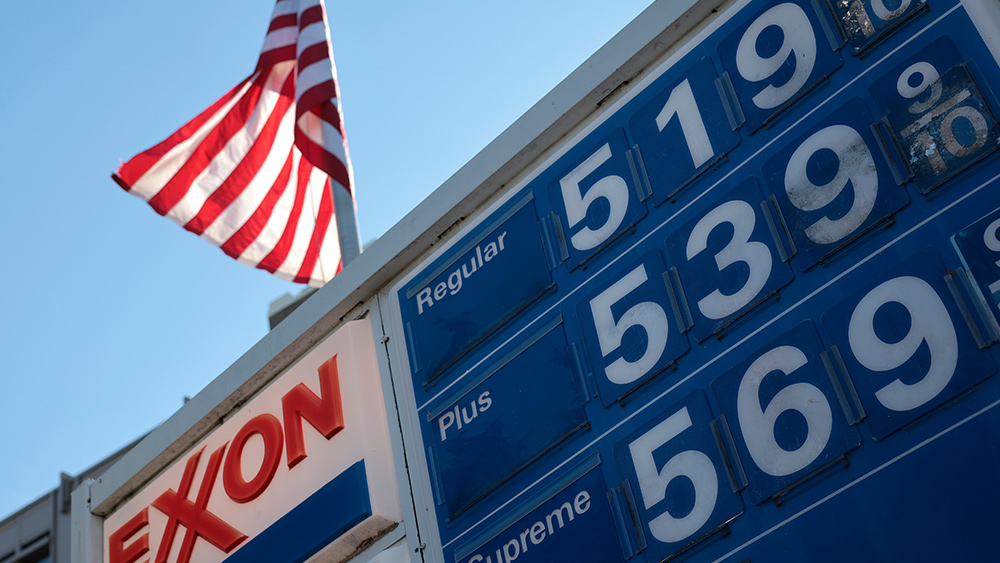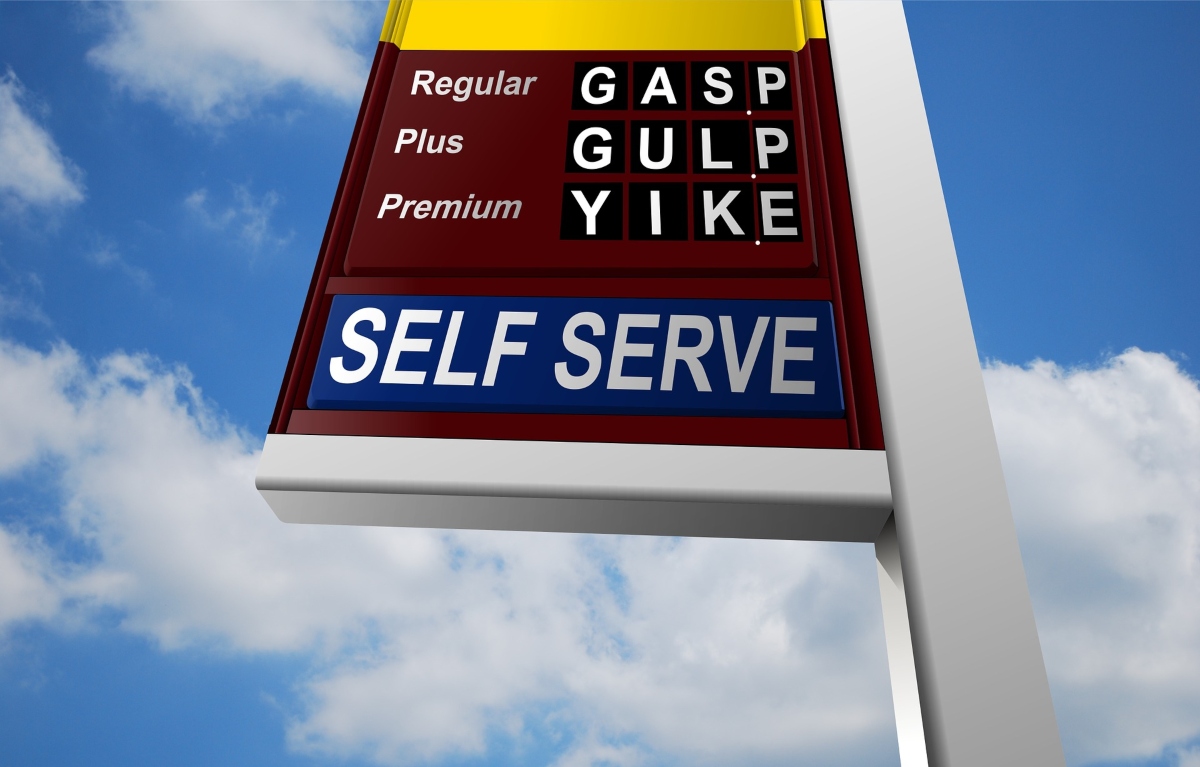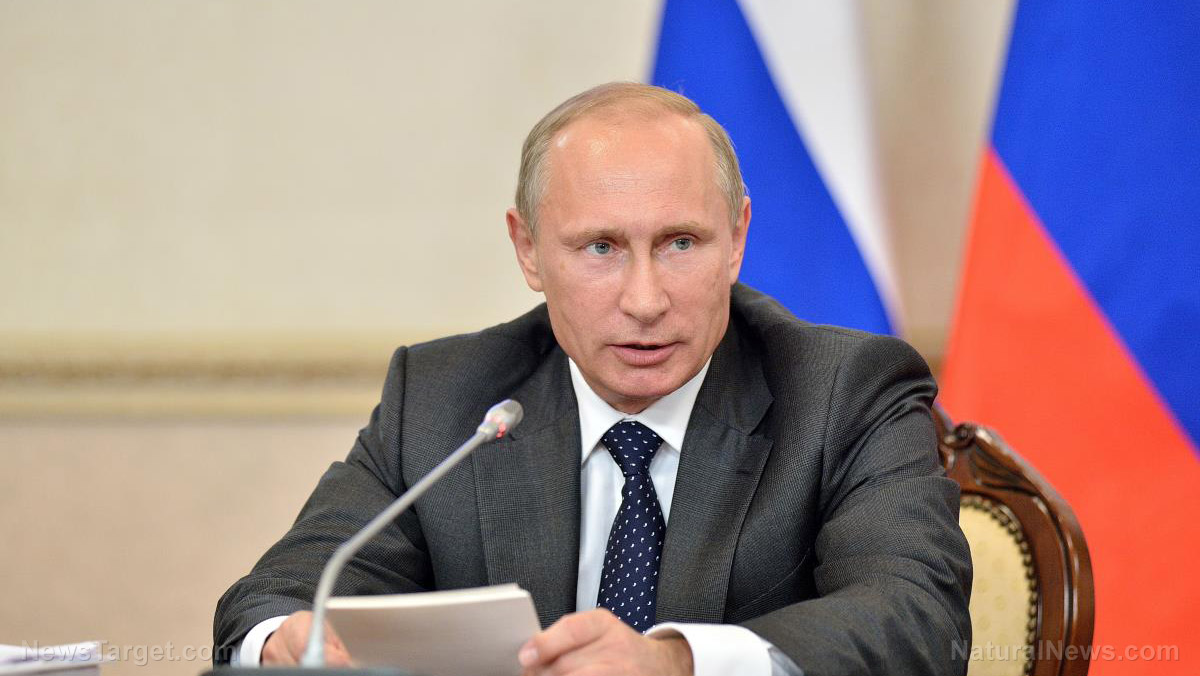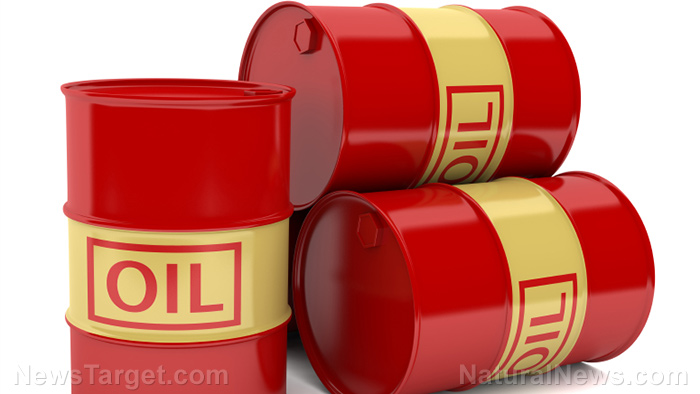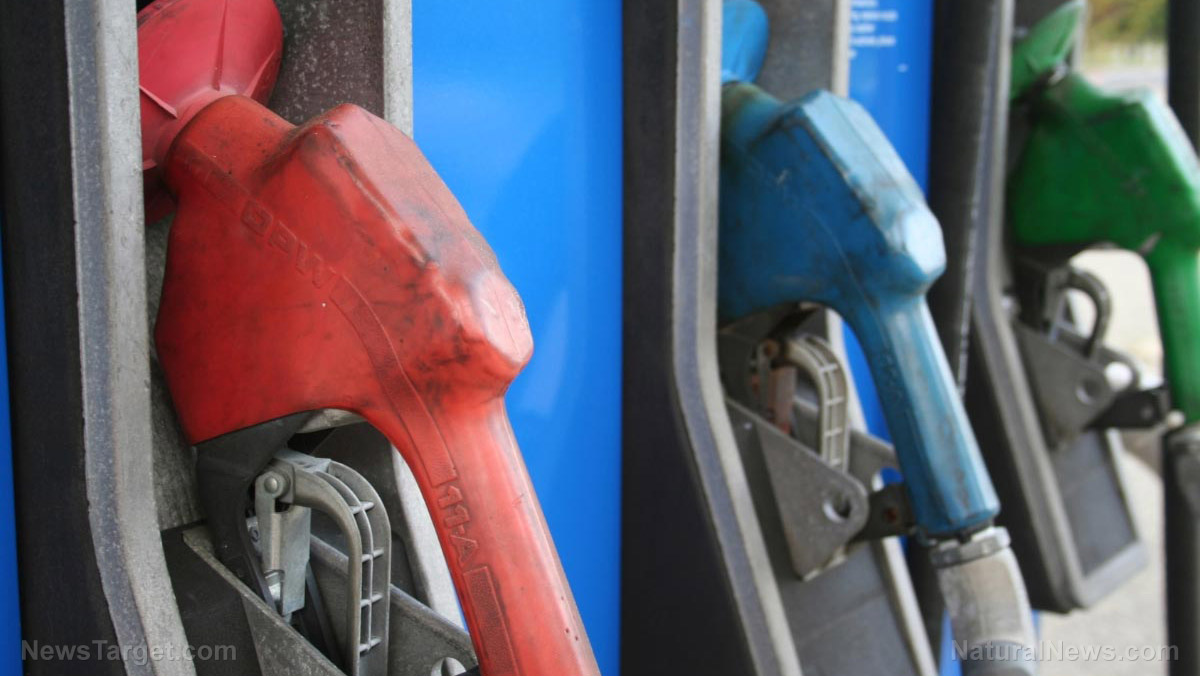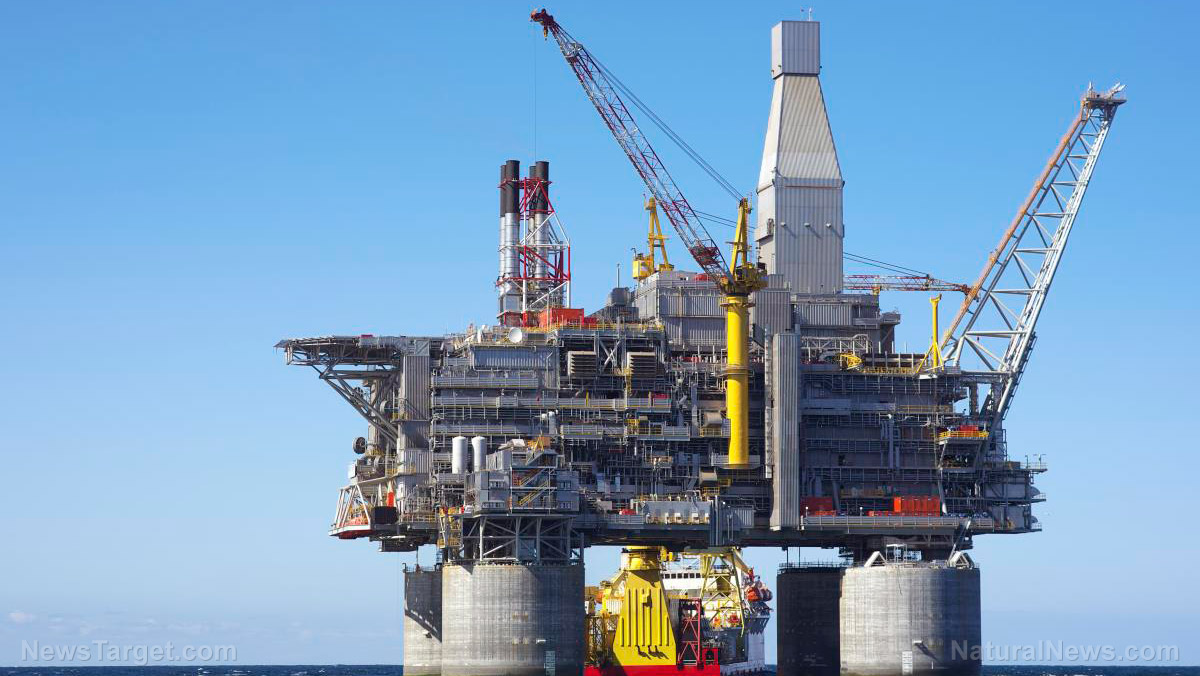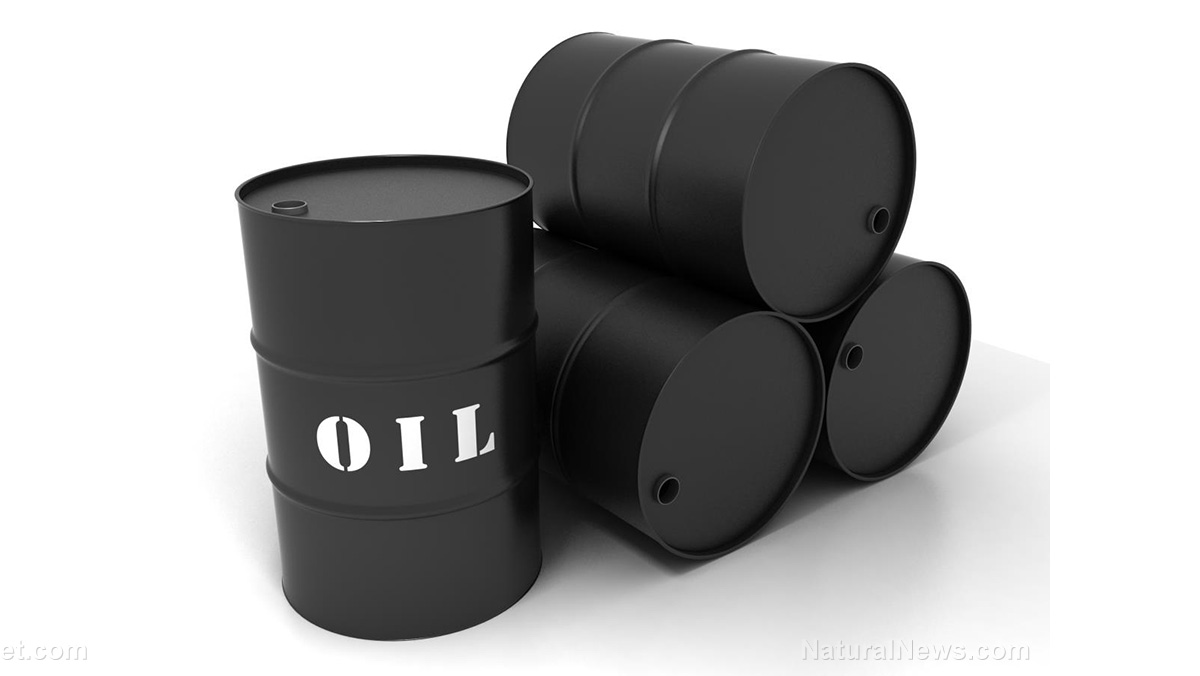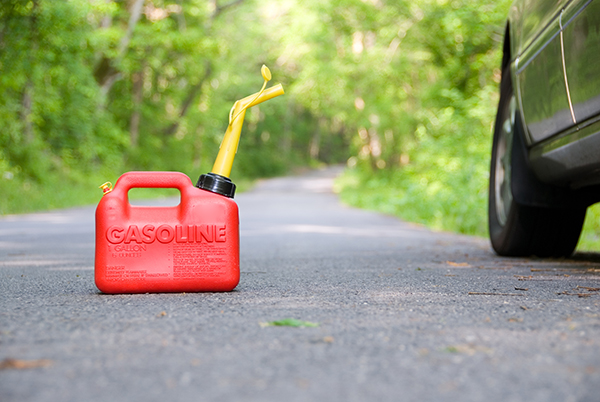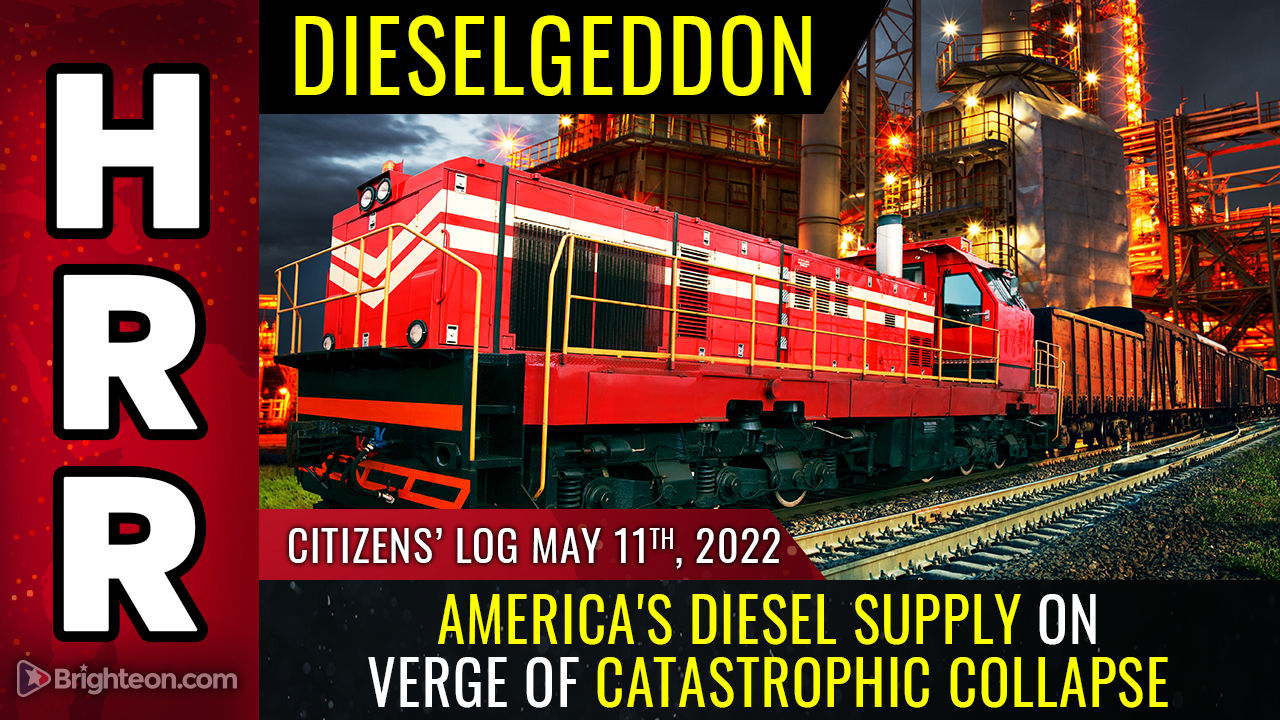EU committing economic suicide by imposing sanctions on Russia
05/20/2022 / By Mary Villareal

Members of the European Union (EU) have found themselves in a precarious position by joining the U.S. in its proxy war against Russia.
An observer noted that European countries are imposing more sanctions on Russia for purely political reasons and with the U.S. applying just enough pressure. Saying no to Russian energy will mean that Europe could become the world’s most costly region for energy sources. Prices will rise and resources will go to counter such price hikes.
Russian President Vladimir Putin himself has warned that Europe would be committing “economic suicide” by putting sanctions on Moscow over the Ukraine war. By seeking to phase out Russian energy supplies, Europe will only hurt itself because of the “ill-thought-out” moves by the West.
He also said at an energy meeting that Europe will see higher energy prices and higher inflation as a result of its actions. “Of course, such an economic suicide is a domestic affair of the European countries.”
After the Kremlin sent its troops to Ukraine in February, the West introduced unprecedented sanctions against Russia, showing close coordination in their announcements regarding penalties. However, they have not moved at the same pace when it came to Russian oil and gas.
Putin is hoping that Russia can redirect supplies to “friendly” countries, saying that Europe’s “chaotic actions” are not only damaging its own economy, but will also lead to an increase in revenues from oil and gas for Russia as changes in the oil market are tectonic in nature. Moscow will be doing business as usual.
“In the new conditions, it is important not only to extract oil, but also to build the entire vertical chain leading to the final consumer,” he said.
The Russian president also claimed that the government will help companies change their business model, and the state will improve logistics and deep processing of hydrocarbons as well as ensure payments in national currencies. (Related: The Ukrainian conflict is a U.S./NATO proxy war, but one which Russia is poised to win decisively – Scott Ritter.)
Some EU members oppose Russian oil embargo
Foreign ministers of EU’s 27 members gathered to discuss a ban on Russian oil imports to be included in the sixth sanction package against Moscow, but they must be able to reach a consensus to implement the measure. A group of countries led by Hungary has opposed such measure.
The EU has offered Hungary, the Czech Republic and Slovakia more time to phase out their reliance on Russian oil. The Hungarian government said it needs €800 million ($830 million) in EU funds to retool a refinery and boost the capacity of a pipeline to Croatia.
Germany also initially opposed the oil embargo because of its heavy reliance on Russian energy, but it recently shifted its stance. German Foreign Minister Annalena Baerbock also warned against division among EU countries, saying that their unity has been their strength so far.
However, Baerbock also expressed her understanding toward countries that are having problems phasing out Russian energy, saying that their different points of view need to be reconciled. “There is no one size fits all solution to this predicament,” she added. (Related: Russia is considering bringing back the GOLD STANDARD to maintain financial sovereignty amid economic sanctions.)
Follow WWIII.news for more updates on the Russia-Ukraine crisis.
Watch the video below to know how Europe’s sanctions against Russia can lead to catastrophic events for its own economy.
This video is from the Dr. William Mount channel on Brighteon.com.
More related stories:
Sources include:
Submit a correction >>
Tagged Under:
big government, chaos, collapse, crude oil, economic collapse, economic sanctions, economic suicide, economy, energy supply, European Union, fuel prices, gas prices, inflation, insanity, oil prices, oil supply, panic, Russia, Russian oil, World War III
This article may contain statements that reflect the opinion of the author
RECENT NEWS & ARTICLES
COPYRIGHT © 2022 FuelSupply.news
All content posted on this site is protected under Free Speech. FuelSupply.news is not responsible for content written by contributing authors. The information on this site is provided for educational and entertainment purposes only. It is not intended as a substitute for professional advice of any kind. FuelSupply.news assumes no responsibility for the use or misuse of this material. All trademarks, registered trademarks and service marks mentioned on this site are the property of their respective owners.

